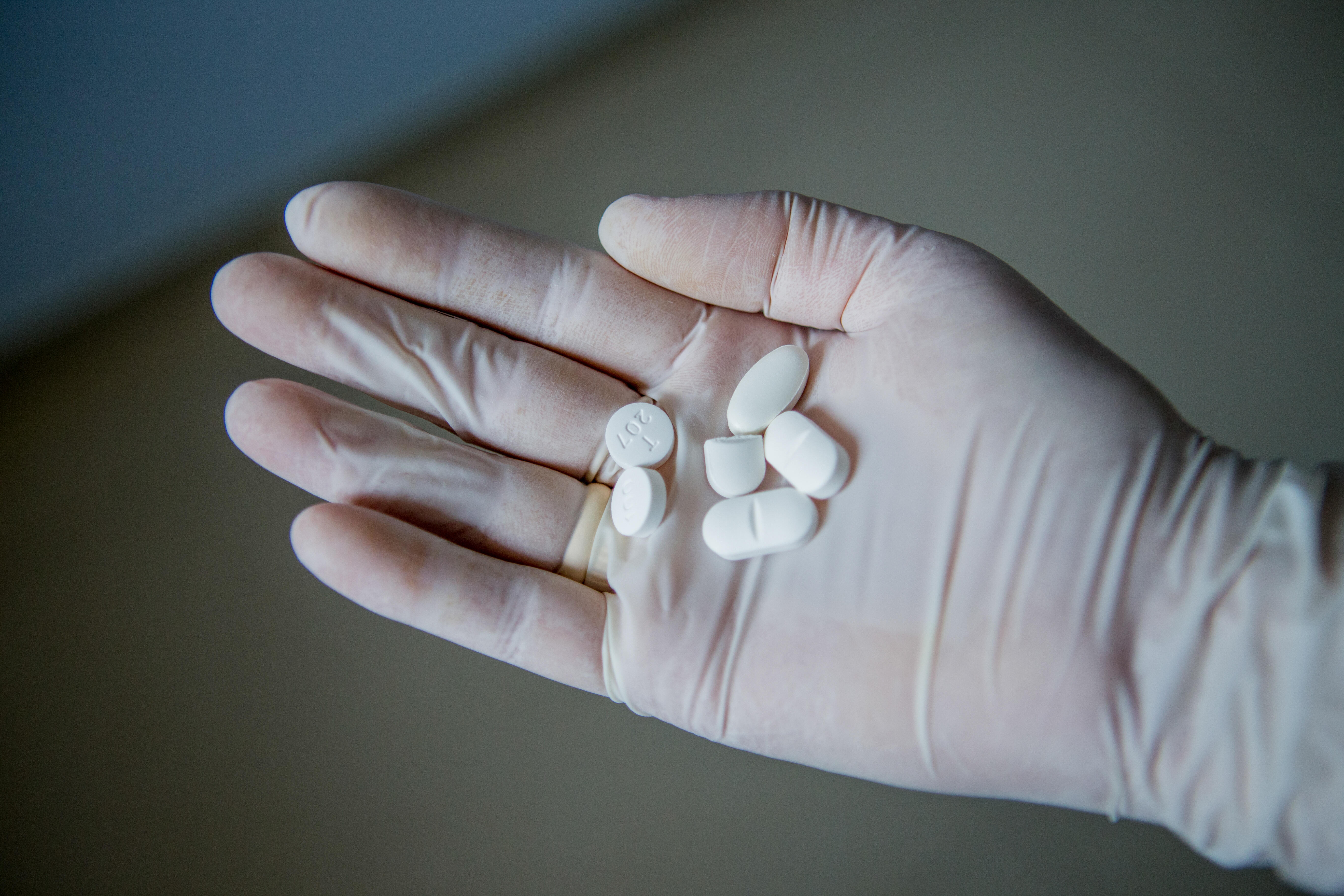
This new partnership is supported by the Medical Research Council (MRC) to research drug regimens to fight drug-resistant tuberculosis
LSTM and TB Alliance are collaborating to investigate novel combination drug therapies that could help the fight against multidrug-resistant tuberculosis (MDR-TB), following an award of £1 million from the Medical Research Council (MRC).
The award, which was part of a £4 million Global Challenges Research Fund call looking at Antimicrobial Target Discovery and Validation, will see Professor Giancarlo Biagini, from LSTM’s Research Centre for Drugs and Diagnostics (RCDD), lead a multidisciplinary team to validate new drug combinations targeting the respiratory chain of the bacteria that cause TB. They expect this exciting new research collaboration to have a significant impact worldwide, particularly in low and middle-income countries.
“TB is the leading cause of death related to antimicrobial resistance and MDR-TB is on the rise globally,” said Professor Biagini. “We know that new combination therapies are urgently required, and this award will allow us to validate what will be an exciting new approach in targeting multiple components of the respiratory chain of Mycobacterium tuberculosis, the causative pathogen of TB.”
Currently available treatment for drug-sensitive TB is a four-drug regimen lasting up to six months, which can lead to difficulties in adherence and contribute to the development of MDR-TB. Treatment for drug-resistant TB is more arduous, often consisting of taking drugs with debilitating side-effects for two years or longer, including six months of painful daily injections. The current treatment success rate for MDR-TB is estimated at 54%.
“TB Alliance is committed to advancing cutting-edge science to develop therapies that can make a meaningful impact on this global epidemic,” said Dr. Anna Upton, Senior Director, Biology at TB Alliance and co-investigator of the research project. “This collaboration will explore new ways to fight TB drug resistance that have the potential to underpin tomorrow’s treatment regimens.”
To realise the ambition of the WHO’s End TB Strategy and meet global goals, the development and introduction of novel drug regimens will be essential. The multidisciplinary team is poised to deliver essential research to form the basis of these new TB treatments. They will use gold standard in vitro and in vivo disease models of TB to identify combinations of targets which will be of greatest clinical benefit. They will also investigate the potential of combining inhibitors that prevent TB bacteria from replicating, which would allow for drug therapies to last longer without developing resistance.
LSTM and TB Alliance expect that the research undertaken by this collaboration will have the potential to lead to more effective, safer and faster-acting treatments for every person with TB.